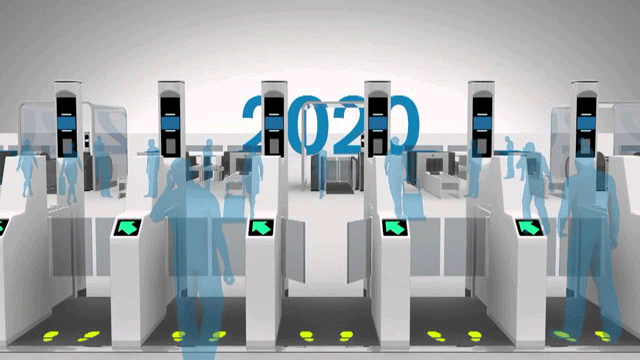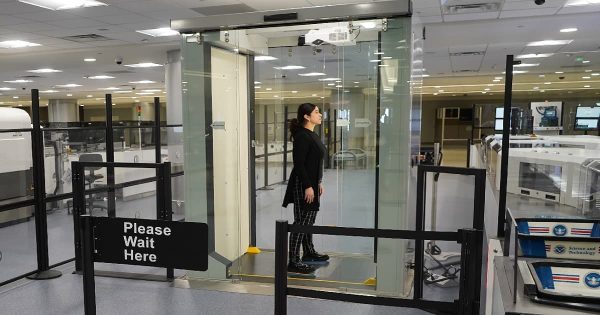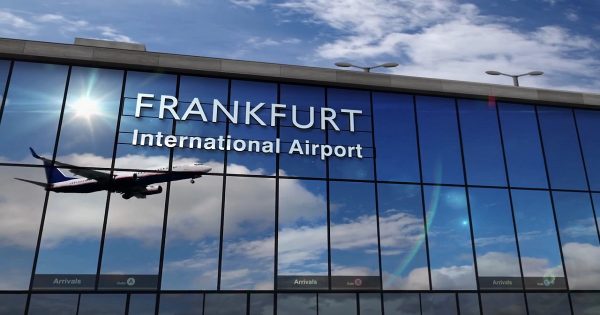Australia’s Melbourne Airport, Qantas Airways, Airports Council International (ACI), and the International Air Transport Association (IATA) signed an agreement to work together to develop a Smart Security pilot program for delivery at Melbourne Airport in 2015.
Smart Security is a joint project between IATA and ACI that brings stakeholders together to facilitate the development of innovative solutions to shift today’s security screening towards a more passenger friendly, sustainable and efficient process.
Smart Security looks to achieve this by focusing resources based on risk, using advanced security screening technologies and promoting innovations in process.
The agreement for Melbourne Airport is the fourth globally, following in the footsteps of Amsterdam Schiphol, London Heathrow and Doha’s Hamad International Airports.
Tony Tyler, IATA’s Director General and CEO:
“This partnership between Qantas and Melbourne Airport is an important step toward realizing a new model of security that will improve the experience for our passengers while boosting the efficiency of security checkpoints. Global passenger traffic is set to double in the next 20 years. Smart Security responds to this growth as well as continuously evolving security threats.”
Angela Gittens, ACI’s Director General:
“ACI is looking forward to working with Melbourne Airport and Qantas in cooperation with IATA on the Smart Security pilot program. Having already trialed the program with three other airports, we’re confident that this latest pilot will result in a more streamlined Smart Security, making it even easier to implement for airports and airlines, and further speeding the security screening process for passengers.”
The signing of this agreement comes as the Australian Department of Infrastructure and Regional Development recently releasing the Transport Development Outlook to 2025, indicating a move towards outcomes-based regulation across the transport sector and a desire to see industry participants play a larger role in the “design of measures that lead to more efficient and cost effective security outcomes.”
The Smart Security Program lays out a roadmap to evolve airport passenger security screening to a more sustainable, efficient and effective process that leverages new technologies.
The goals of the Smart Security are:
- Strengthened security – Focus resources based on risk, increase unpredictability, make better use of existing technologies, and introduce new technologies with advanced capabilities as they become available
- Increased operational efficiency – Increase throughput, optimize asset utilization, reduce cost per passenger, and maximize space and staff resources
- Improved passenger experience – Reduce queues and waiting times and use technology for less intrusive and time consuming security screening
N.B. Image credit: iata.org







